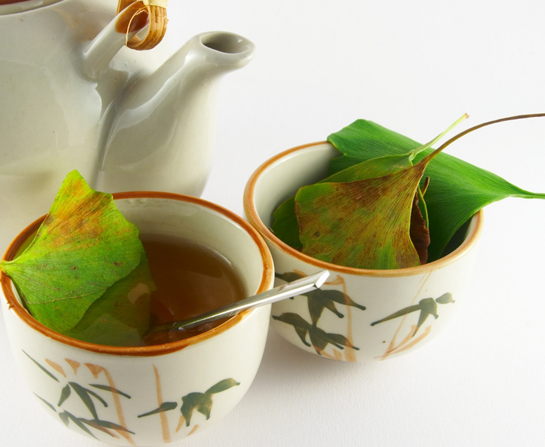On Ginseng and Gingko
May 1, 2022 Return


Sarah Culverhouse Naturopath, Blackmores Institute Health Educator & Trainer
The ginseng from Korea
Korean ginseng (Panax ginseng) is one of the most commonly used medicinal herbs in the world, for a variety of purported health benefits.
Key clinical uses | What does science say? |
|---|---|
Mental performance and cognition | Some research shows positive results, but no conclusive evidence can be obtained. More research needed. |
Sexual function, fertility (male) and satisfaction | Positive results for both males and females; enhances sexual arousal in menopausal women. |
Hypertension | Too early to tell; studies are still at preliminary stage. |
Side effects? Rarely. There are reported cases of discomfort, nausea, vomiting, diarrhoea and abdominal pain. Some experts recommend taking Korean ginseng with food to reduce these side effects.
Anything to watch out for? Avoid taking Korean ginseng with stimulants. Traditionally, use of Korean ginseng is discouraged if you have an acute infection and fever.
Suitable for pregnant and lactating women? Use with caution, but Korean ginseng is generally thought to be safe, with no adverse effects reported.
The great gingko
Gingko (Gingko biloba) has traditionally been associated with improved mental wellness and cognitive function such as memory.
Key clinical uses | What does science say? |
|---|---|
Cerebrovascular insufficiency | Positive results found. |
Dementia | Improvement in cognitive performance seen in patients with Alzheimer’s disease. |
Improved memory and ability to recall in people without dementia | Small amount of evidence; more research needed. |
Side effects? Rarely, as gingko is usually well tolerated. There may be headache, nausea and gastrointestinal-related complaints (indigestion, etc). There have also been cases of unexplained bleeding, but at least 10 clinical studies found that such bleeding has no significant impact on one’s health.
Anything to watch out for? Since gingko may cause bleeding, use with caution if you have a tendency to bleed or if you are on anticoagulant/antiplatelet therapy. Stop taking gingko if you notice any unusual bruising or bleeding. Also, if you are on high-dose supplements, stop taking 1 week before a major surgery.
Suitable for pregnant women? Gingko is not recommended for pregnant women, as there is currently not enough research data on this.
Hold on, that’s it?
Alas, we only have space for 2 herbs! There are more, of course, as research is similarly conducted on other medicinal herbs, such as Echinacea, milk thistle and even ginger. All these efforts are part of a collaborative endeavour among researchers, nutritionists, naturopaths, pharmacists and other key healthcare professionals to ensure that complementary medicine is safe, effective and reliable.
For more information on the Blackmores Institute Symposium 2015, check out our News & Chronicles coverage.
If you like this article, do subscribe here.
